Samsung and Google should share tech with Apple, says co-founder Steve Wozniak
Apple co-founder claims better products could be made if vendors took a more collaborative approach.

Apple co-founder Steve Wozniak wants his former firm to bury the hatchet with Samsung and Google, so their technology can be used in future iPhone generations.
Wozniak made the admission during an interview with the BBC, in which he declared Android's voice assistant software performs better than Apple's Siri offering. This is because it can draw on Google's search powers to fulfil user requests, he claimed.
I wish to God that Apple and Google were partners in the future.
"Sometimes I say Go to Joe's Diner' and [Siri] doesn't know where Joe's Diner is. And very often usually I find out that Android does," Wozniak told the BBC.
"That is actually the future of intelligence probably for computers getting smarter and getting artificial intelligence. I wish to God that Apple and Google were partners in the future."
Cultivating a business environment whereby vendors can pool their technological resources would result in better products and would benefit all involved, Wozniak claims.
"There are good things I see on Samsung phones that I wish were in my iPhone. I wish Apple would use them and could use them, and I don't know if Samsung would stop us," said Wozniak.
"I wish everybody just did a lot of cross-licensing and [by] sharing the good technology, all our products would be better, we'd go further. I wish they were more compatible."
Get the ITPro daily newsletter
Sign up today and you will receive a free copy of our Future Focus 2025 report - the leading guidance on AI, cybersecurity and other IT challenges as per 700+ senior executives
A technology tie-up between Apple and Samsung or Google seems unlikely, given the amount of time both firms have spent in court thrashing out their various patent disputes with the consumer electronics giant in recent years.
The burgeoning wearable tech market was flagged by Wozniak as an area that could potentially benefit from this type of vendor collaboration.
"I want a full smartphone-like capability on my wrist. The trouble is the more I think about it, I don't want the small size.
"For about three or four years, I've been talking about organic LED displays that could be theoretically printed on plastic, wrapped and folded," he explained.
"But think outside of the box. It could be on the inside of your arm and then when you flip your arm up it could actually flip open in your own hand."
-
 Should AI PCs be part of your next hardware refresh?
Should AI PCs be part of your next hardware refresh?AI PCs are fast becoming a business staple and a surefire way to future-proof your business
By Bobby Hellard Published
-
 Westcon-Comstor and Vectra AI launch brace of new channel initiatives
Westcon-Comstor and Vectra AI launch brace of new channel initiativesNews Westcon-Comstor and Vectra AI have announced the launch of two new channel growth initiatives focused on the managed security service provider (MSSP) space and AWS Marketplace.
By Daniel Todd Published
-
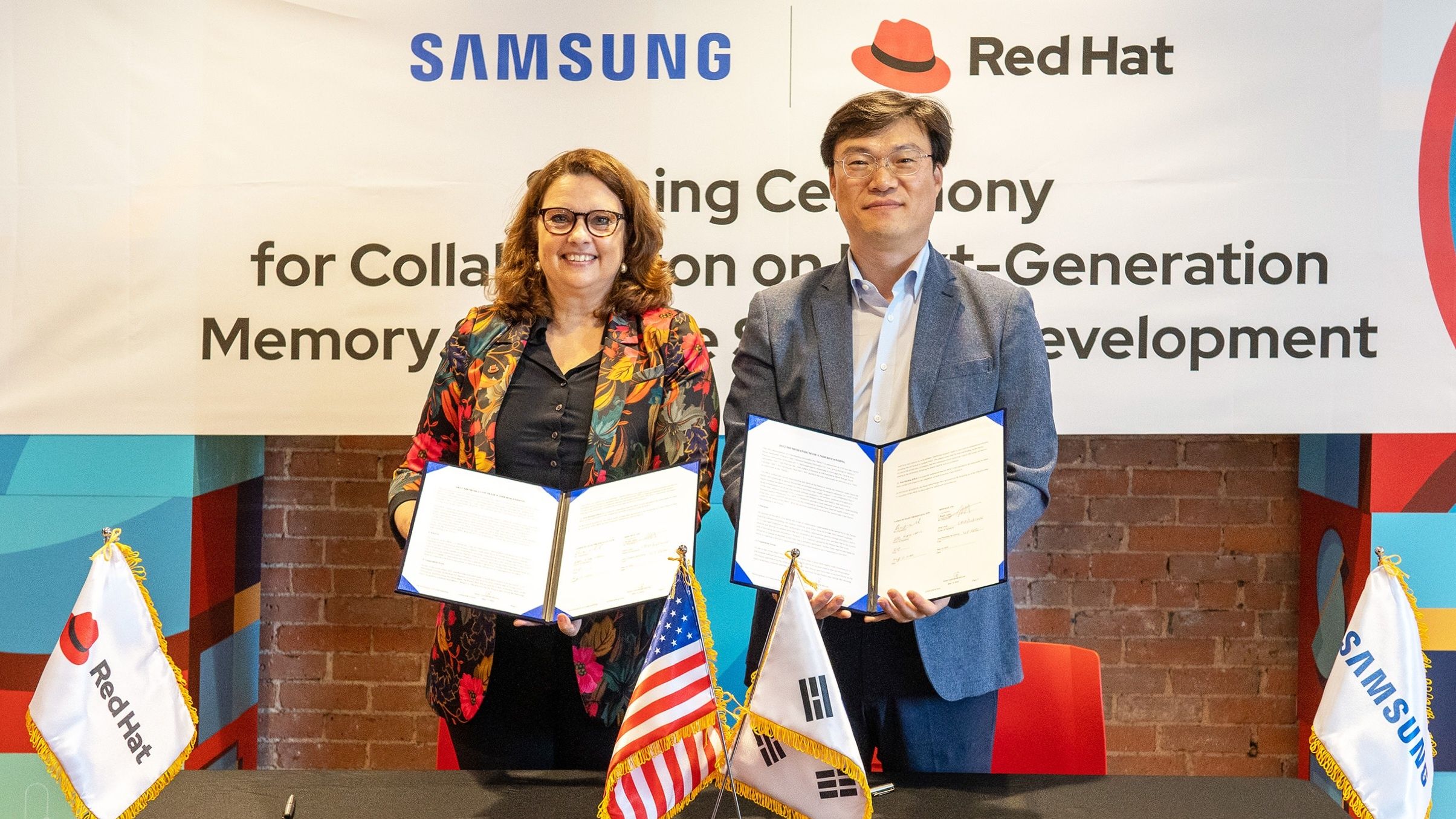 Red Hat and Samsung agree landmark software deal to develop next-gen storage
Red Hat and Samsung agree landmark software deal to develop next-gen storageNews The partnership is a first for Samsung as the companies commit to developing memory software designs that can keep up with emerging tech
By Connor Jones Published
-
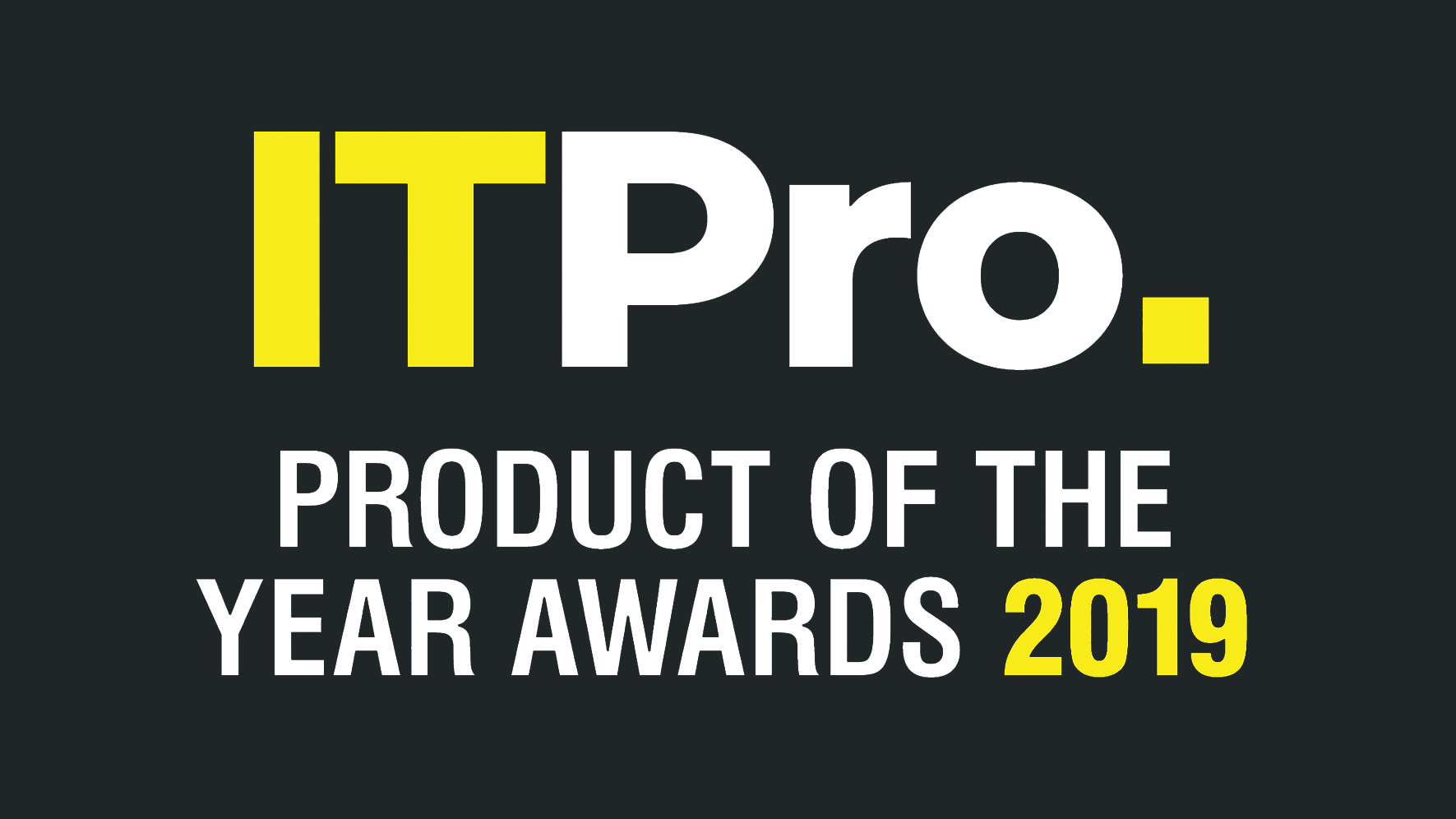 The IT Pro Products of the Year 2019: All the year’s best hardware
The IT Pro Products of the Year 2019: All the year’s best hardwareBest Our favourite equipment from the past 12 months
By ITPro Last updated
-
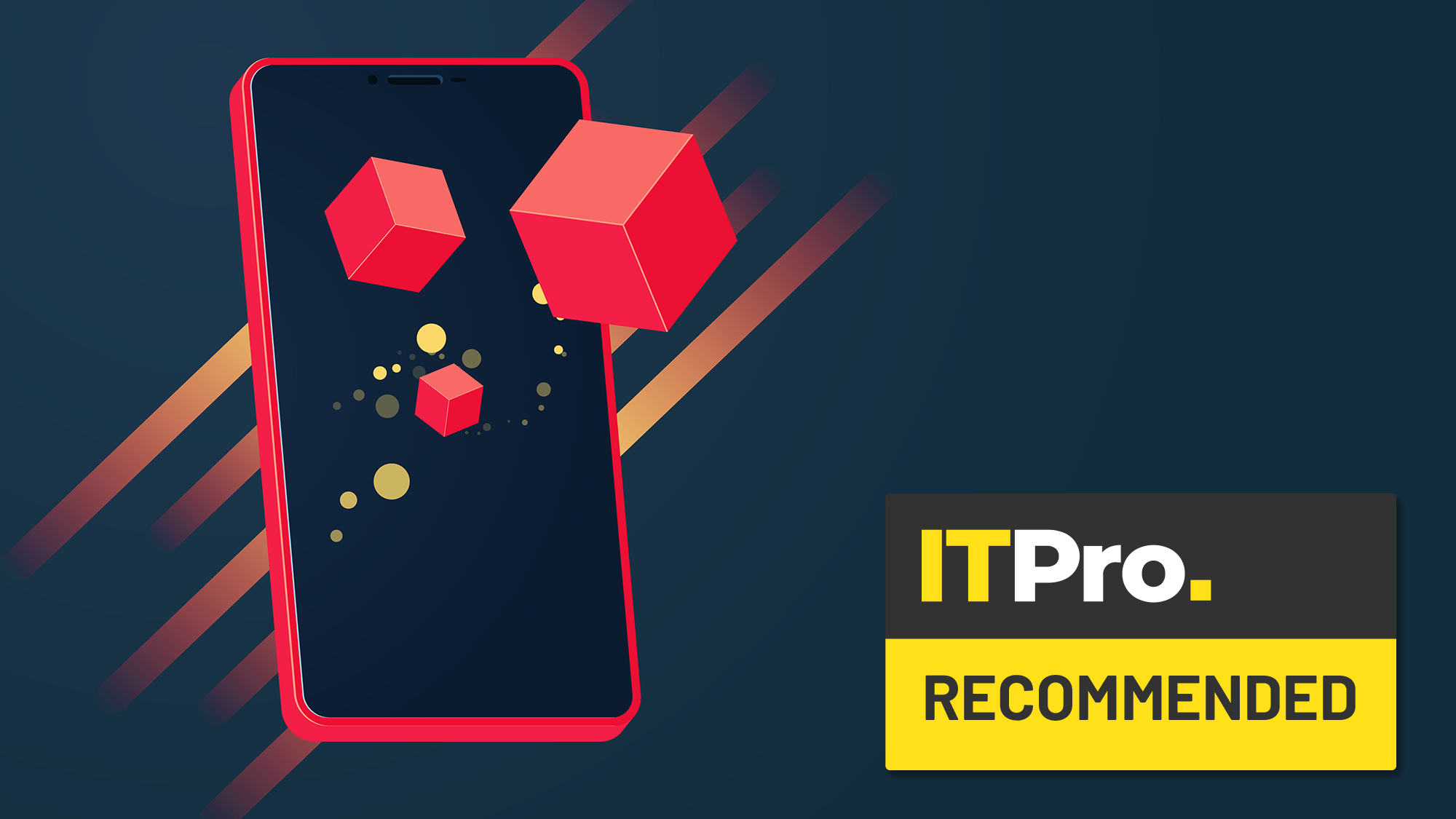 Best business smartphones: The top handsets from Apple, Samsung, Google and more
Best business smartphones: The top handsets from Apple, Samsung, Google and moreBest The best business smartphones on the market today packed with work-focused features you need
By Alan Martin Last updated
-
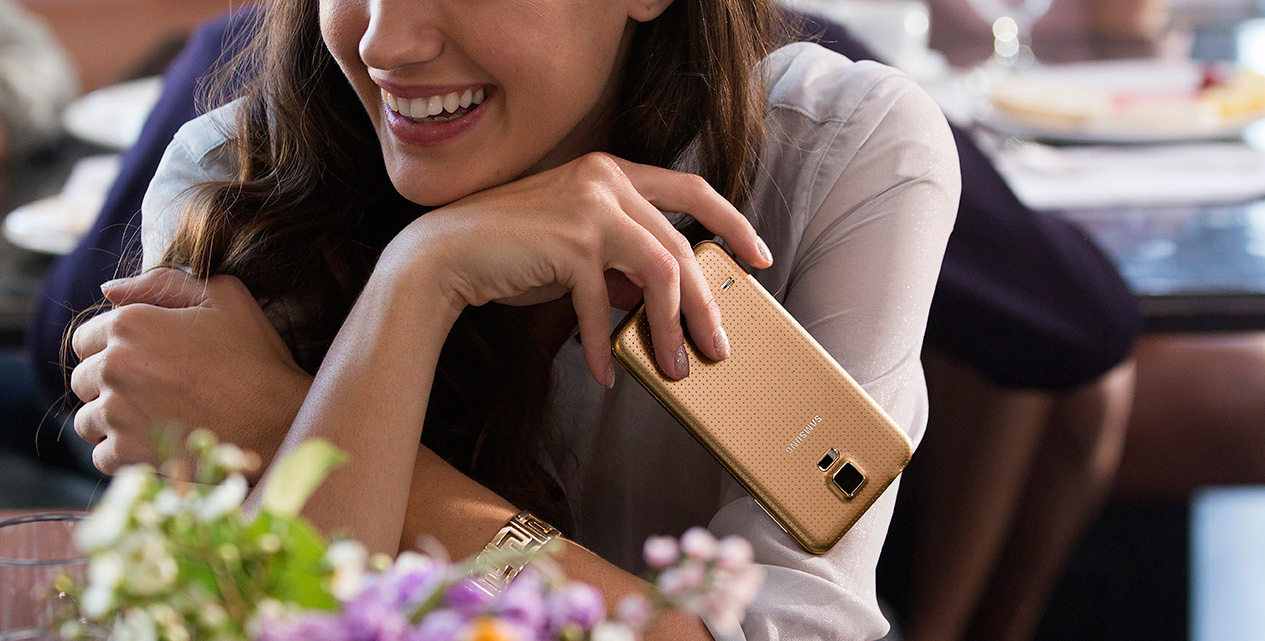 Samsung Galaxy S5: Top 16 tips and tricks
Samsung Galaxy S5: Top 16 tips and tricksTutorials Get the most out of your Galaxy S5
By Zach Marzouk Published
-
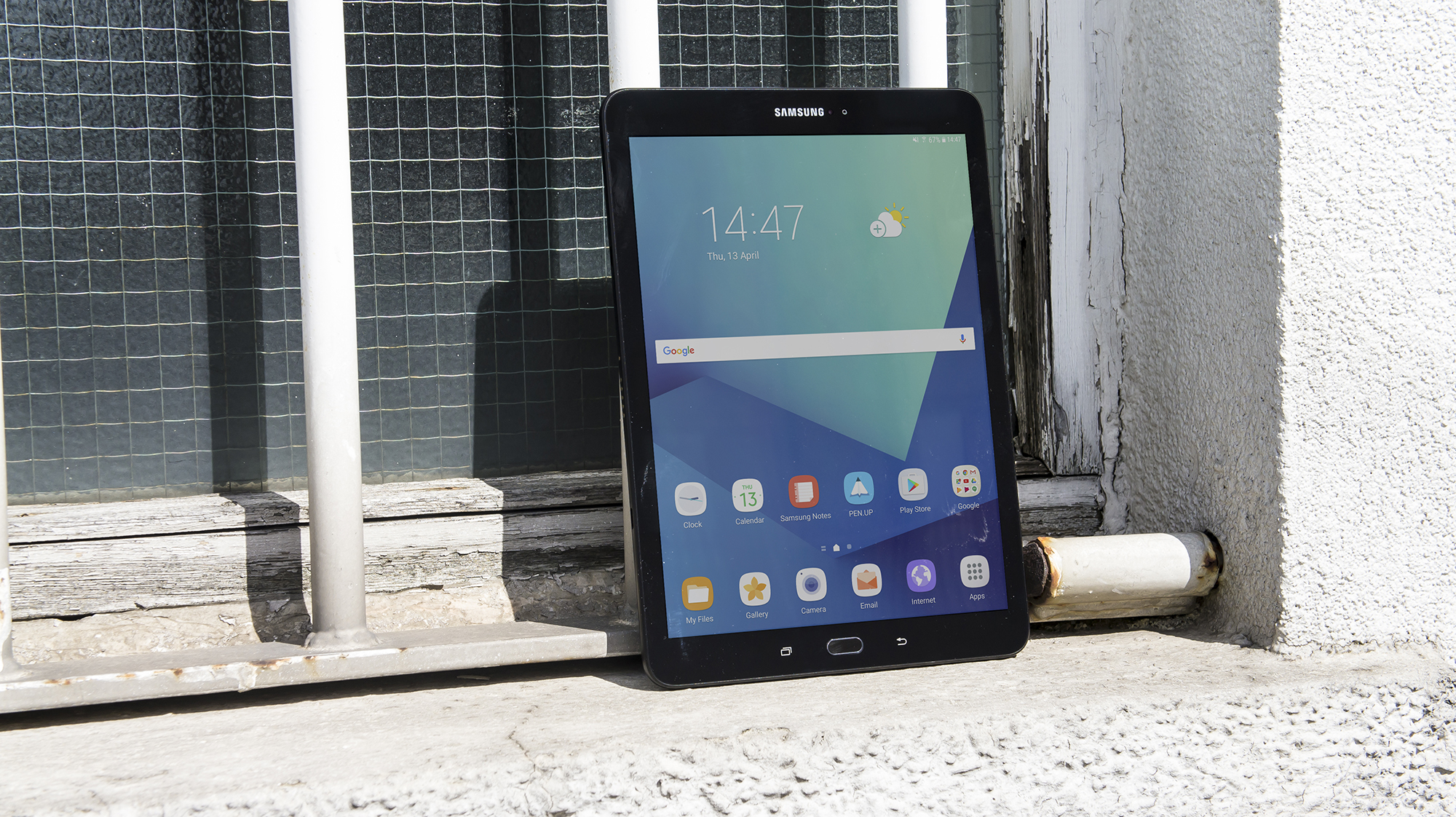 Samsung Galaxy Tab S3 review
Samsung Galaxy Tab S3 reviewReviews The best Android tablet around - but it’s still not a match for the iPad
By Adam Shepherd Published
-
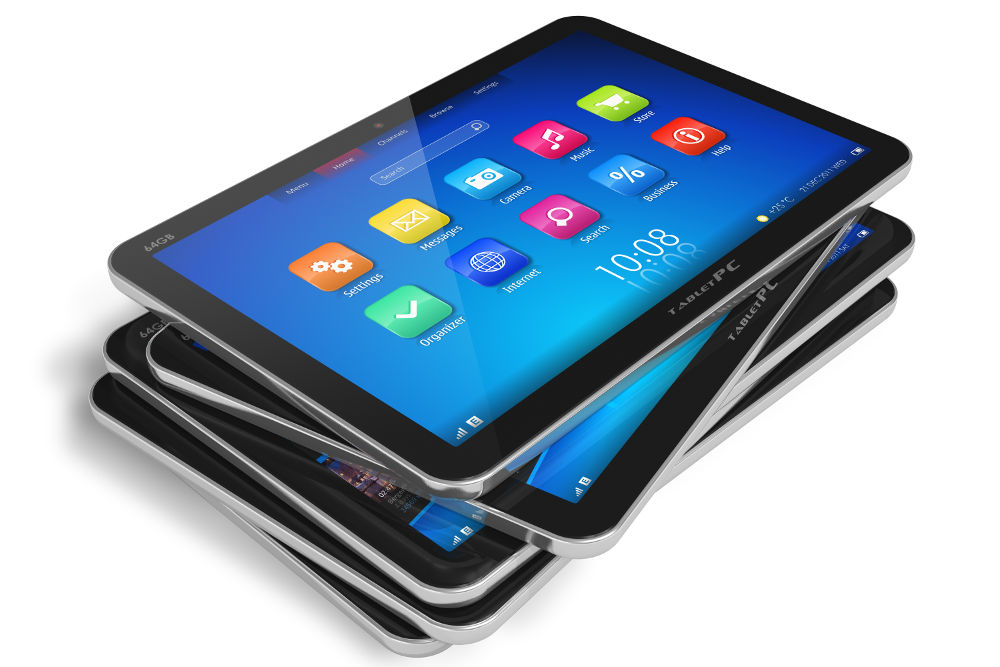 Tablet market falls 15% as low-cost devices lead sales
Tablet market falls 15% as low-cost devices lead salesNews Weakened market caused by 'low-cost detachables" sees third-quarter tablet sales fall by 15%
By Dale Walker Published
-
 Apple re-awarded $120m in Samsung spat
Apple re-awarded $120m in Samsung spatNews Judge rules in favour of Apple in latest round of patent infringement bout
By Clare Hopping Published
-
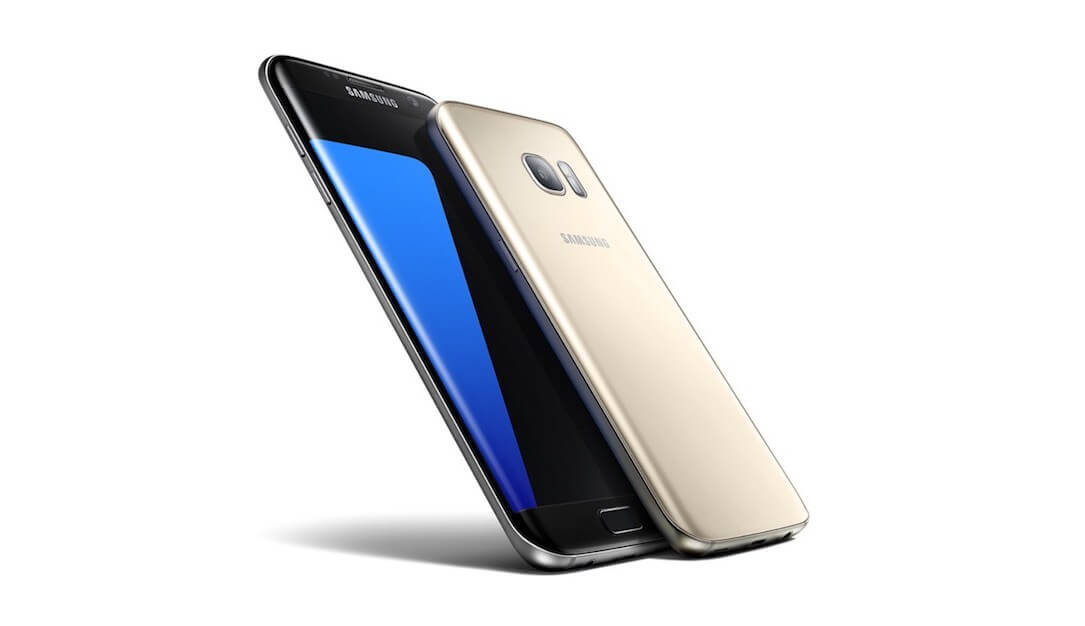 Samsung Galaxy S7/S7 Edge price, features and specs: Samsung Galaxy overtakes Apple iPhone US sales
Samsung Galaxy S7/S7 Edge price, features and specs: Samsung Galaxy overtakes Apple iPhone US salesRumours Galaxy S7 beats iPhone 6s shipments in American market
By Jane McCallion Published